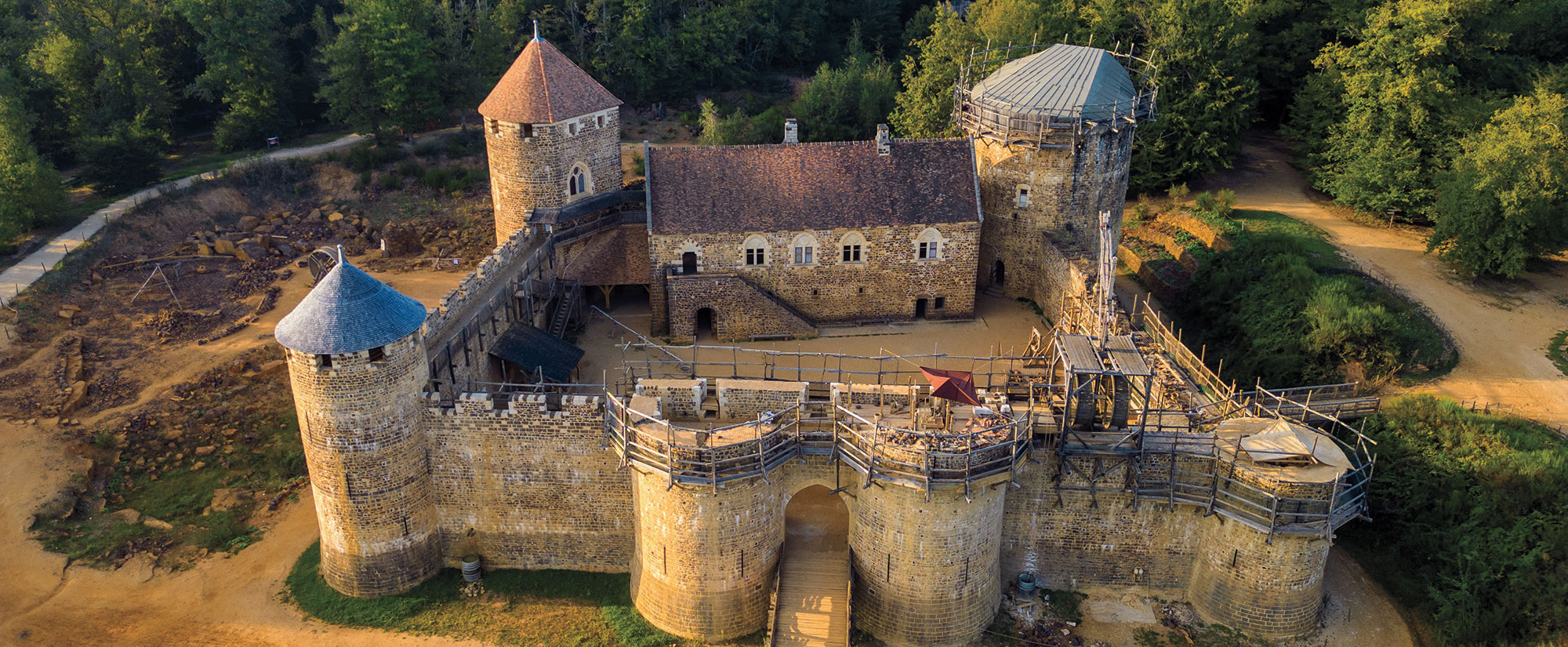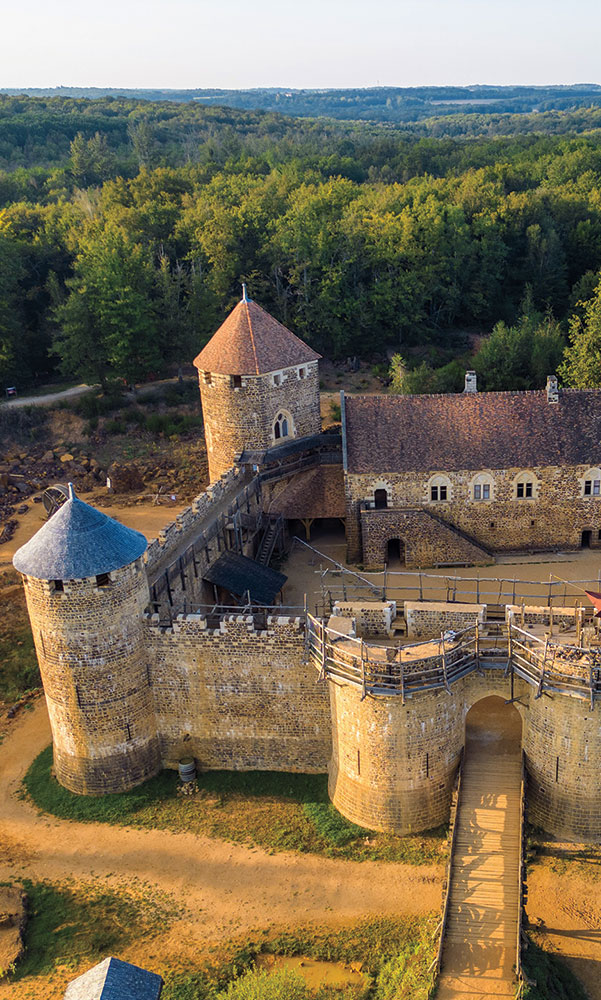LEIPZIG, GERMANY—According to an IFL Science report, the Jomon, a group of hunter-gatherers who lived in what is now Japan between 16,000 and 3,000 years ago, had less Denisovan ancestry than other East Asians. The Denisovans were an archaic group of humans, first identified through bones discovered in Siberia’s Denisova Cave, who lived in Asia between about 200,000 and 40,000 years ago. Today, people living in Oceania and islands in Southeast Asia have generally inherited about four percent of their DNA from the Denisovans. To learn more about how Denisovan genes spread through these populations, Jiaqi Yang of the Max Planck Institute for Evolutionary Anthropology and her colleagues examined the genomes of 115 early modern humans, and compared them with 279 present-day people. Yang said that the few Denisovan genes detected in the Jomon population may have come from later contact with modern humans who carried Denisovan DNA. Or, the researchers suggest, the ancestors of the Jomon may have had only early and limited contact with the Denisovans. Read the original scholarly article about this research in Current Biology. For more, go to "Japan's Genetic History."
Few Denisovan Genes Detected in Japan’s Jomon Hunter-Gatherers
News October 27, 2025
Recommended Articles
Features September/October 2025
Myth of the Golden Dragon
Eclectic artifacts from tombs in northeastern China tell the story of a little-known dynasty
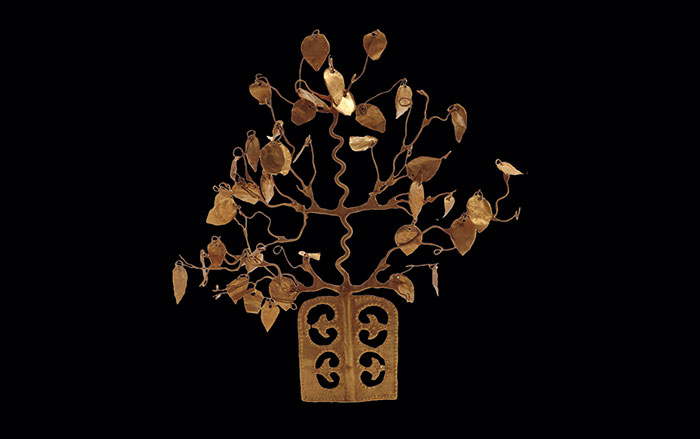
Features May/June 2025
Lost City of the Samurai
Archaeologists rediscover Ichijodani, a formidable stronghold that flourished amid medieval Japan’s brutal power struggles
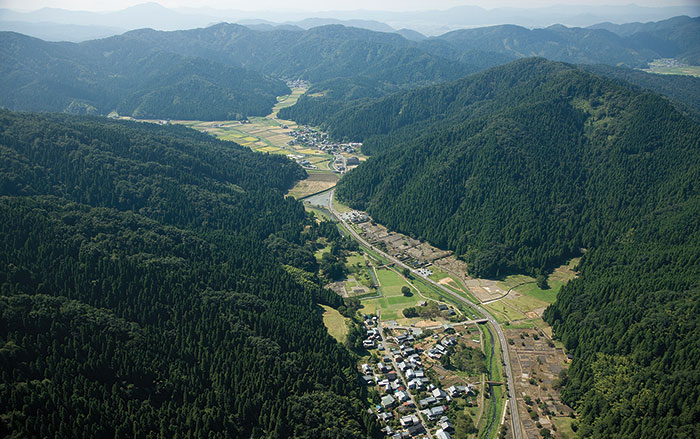
Digs & Discoveries March/April 2023
Weapons of Choice
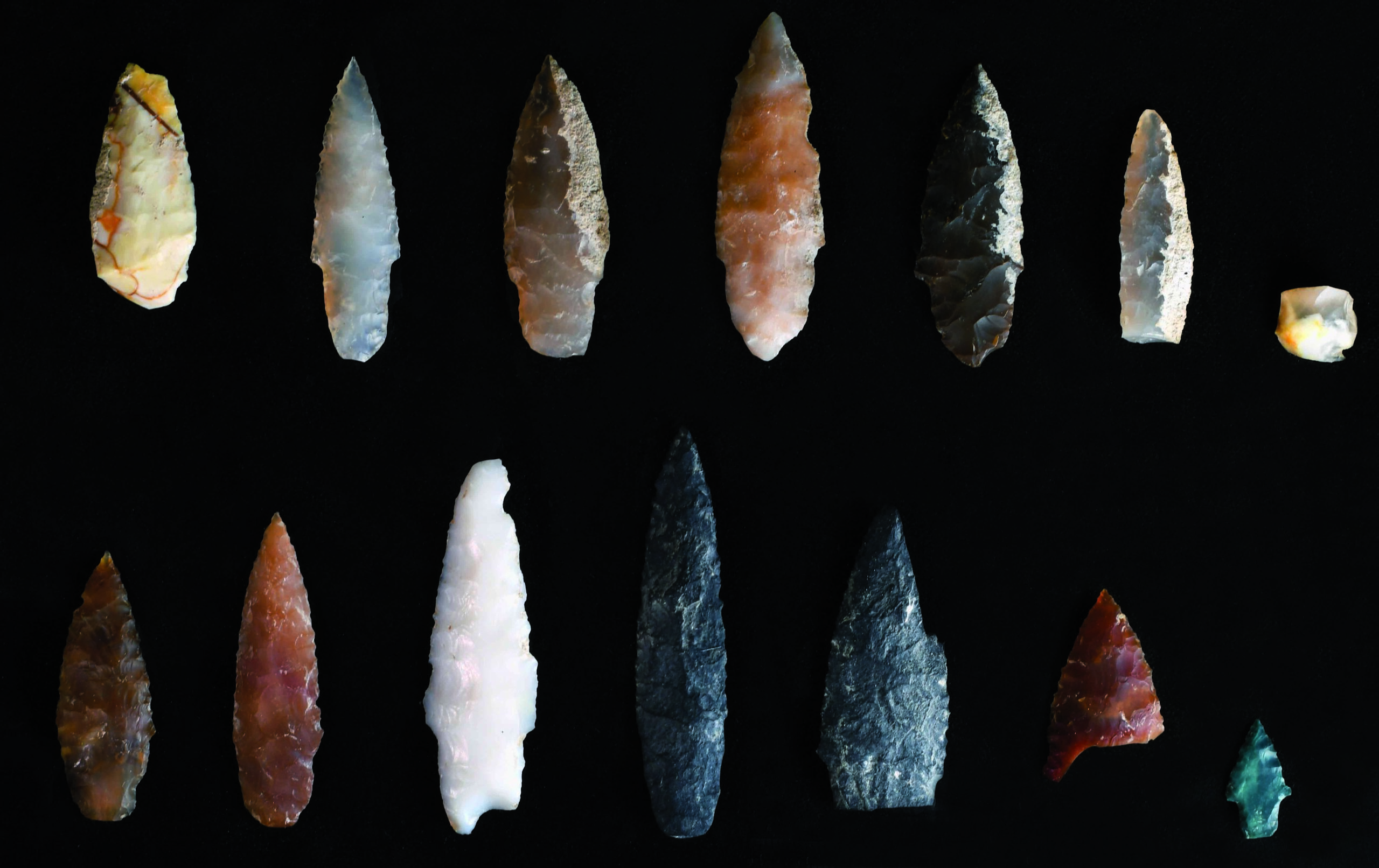
Digs & Discoveries January/February 2022
Japan's Genetic History
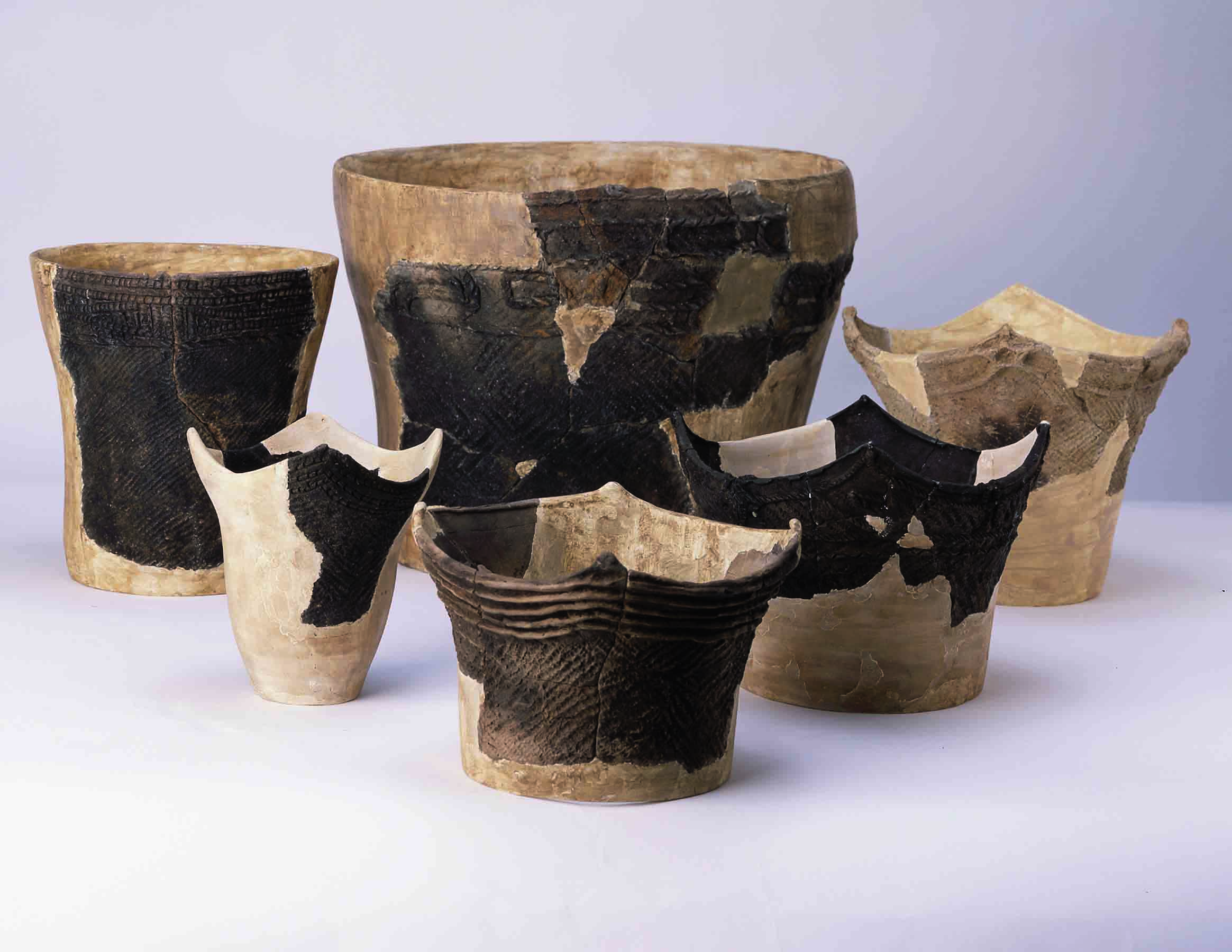
-
Features September/October 2025
Spirit Cave Connection
The world’s oldest mummified person is the ancestor of Nevada’s Northern Paiute people
 Howard Goldbaum/allaroundnevada.com
Howard Goldbaum/allaroundnevada.com -
Features September/October 2025
Here Comes the Sun
On a small Danish island 5,000 years ago, farmers crafted tokens to bring the sun out of the shadows
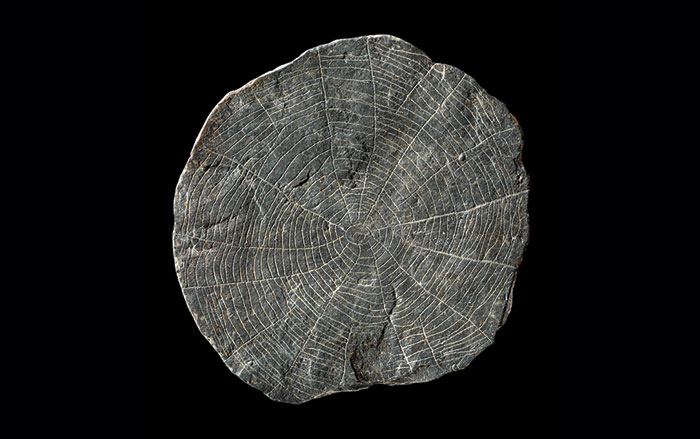 Courtesy the National Museum of Denmark
Courtesy the National Museum of Denmark -
Features September/October 2025
Remote Sanctuary at the Crossroads of Empire
Ancient Bactrians invented distinct ways to worship their gods 2,300 years ago in Tajikistan
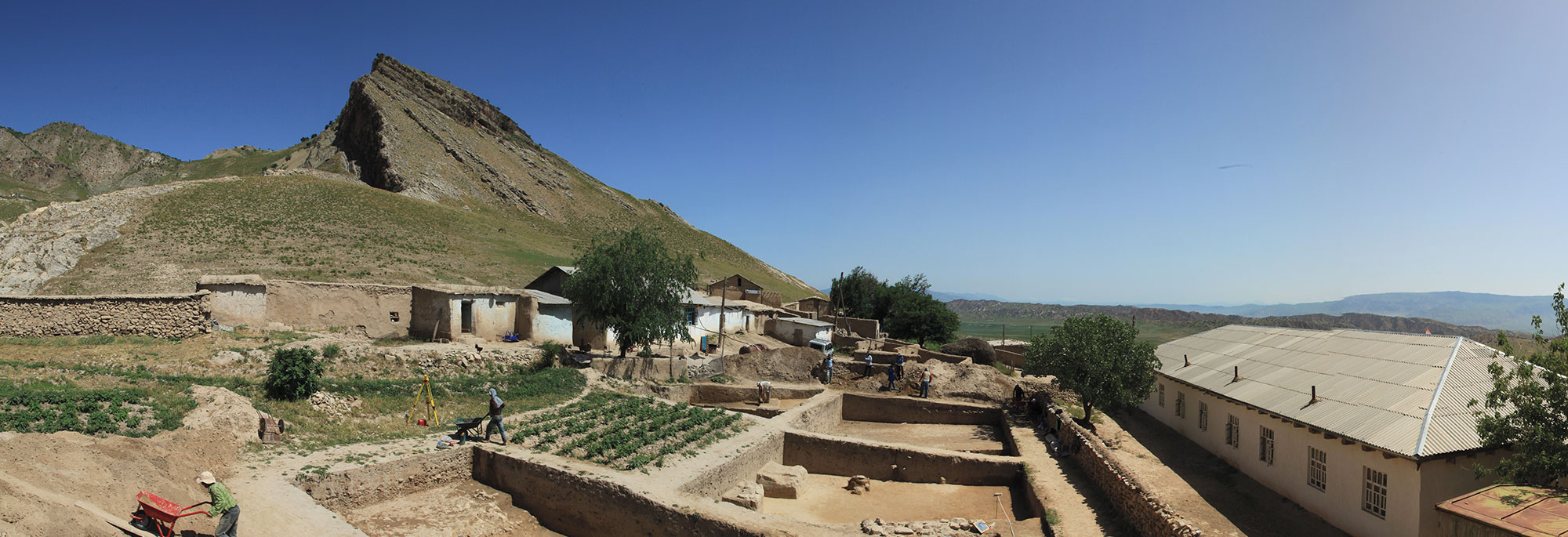 Gunvor Lindström/Excavations supported by the German Research Foundation
Gunvor Lindström/Excavations supported by the German Research Foundation -
Letter from Greece September/October 2025
Searching for Washingtonia
How archaeologists located a forgotten nineteenth-century utopian community
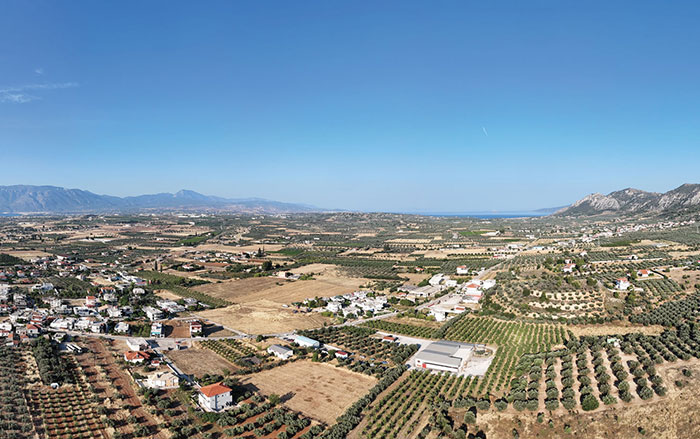 Albert Sarvis
Albert Sarvis


